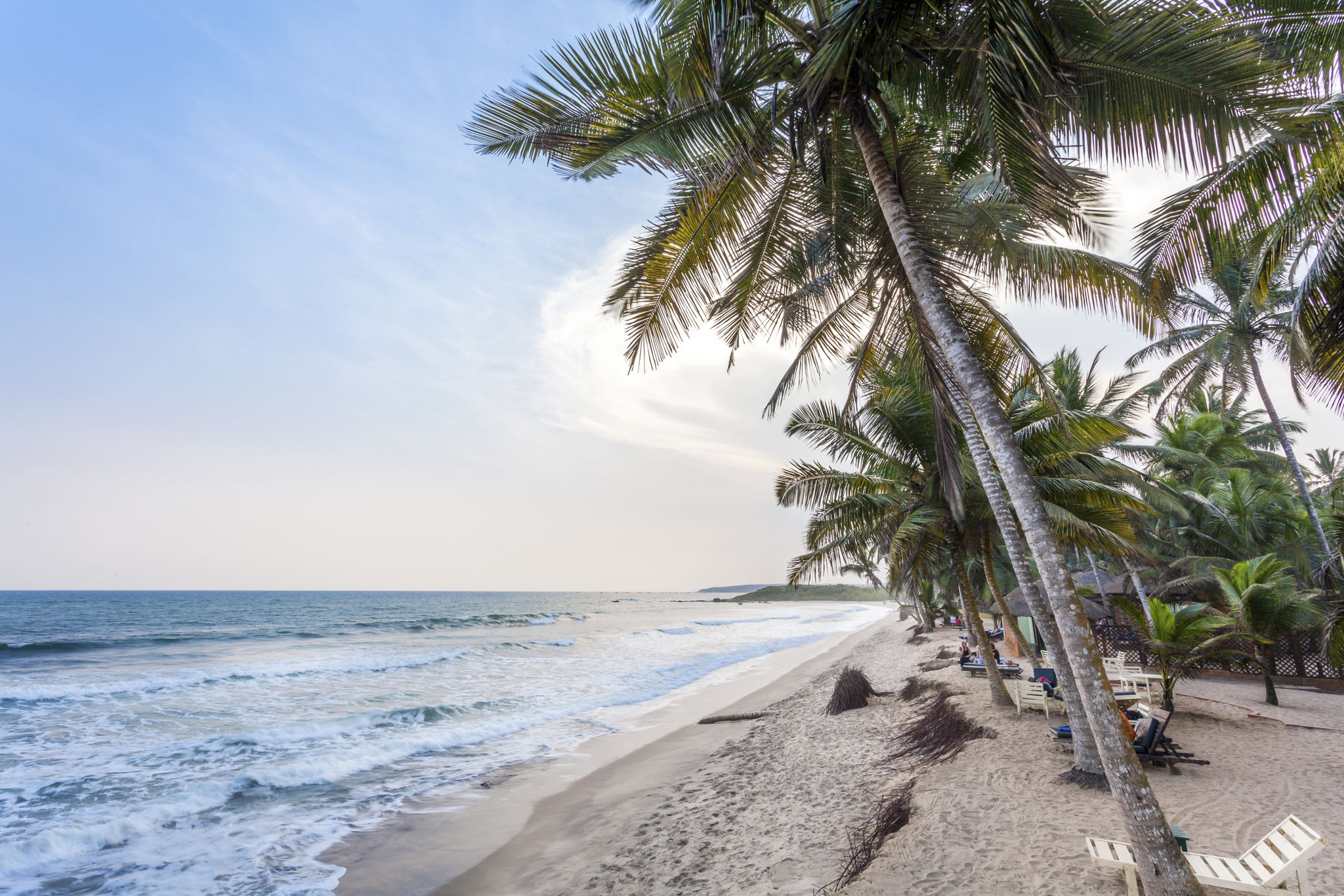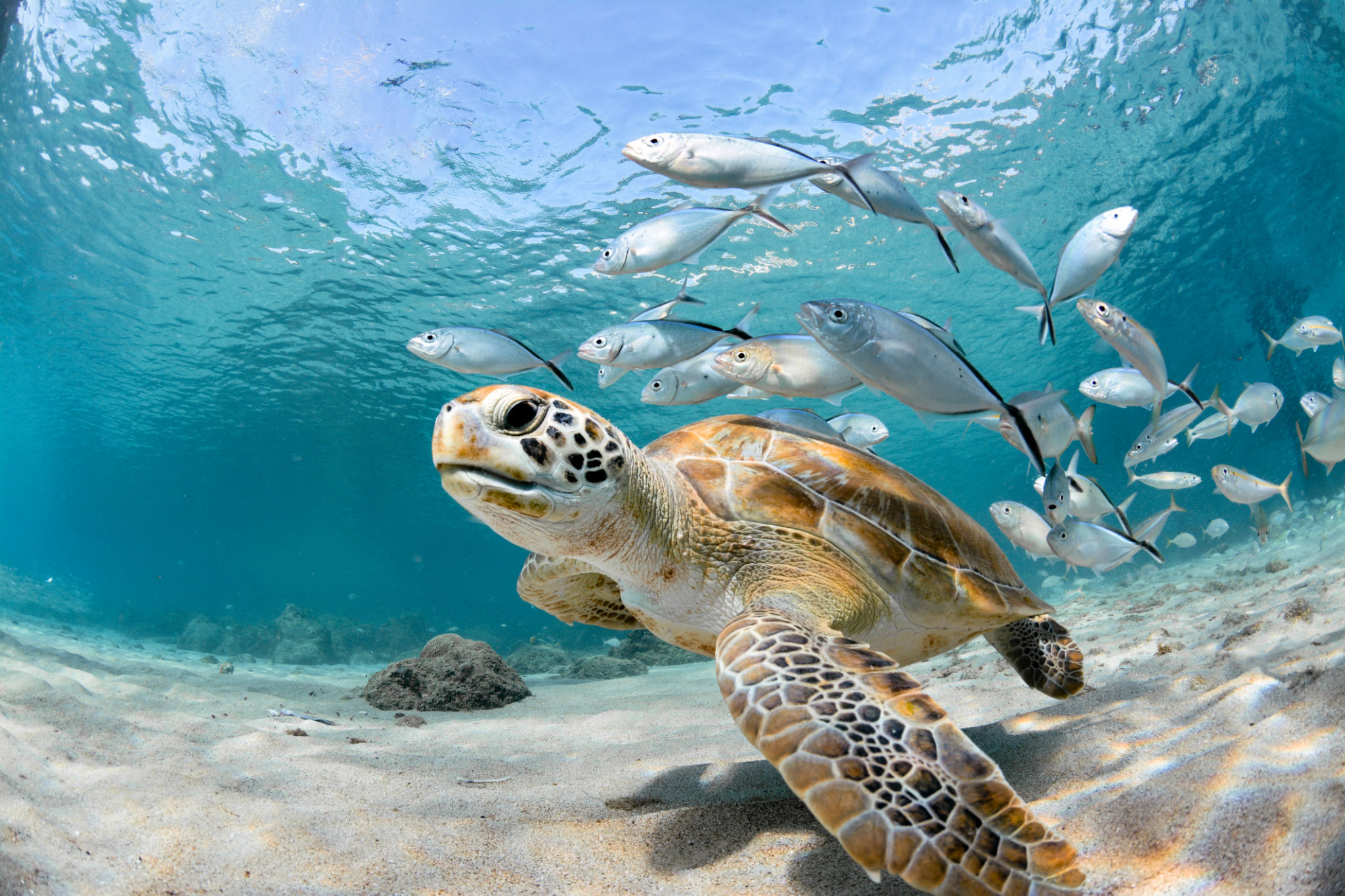Protecting Ghana's Beaches: Seasonal Tips for Coastal Care
The Importance of Coastal Conservation
Ghana is blessed with a stunning coastline that stretches over 500 kilometers, boasting beautiful beaches that are not only a source of natural beauty but also vital ecosystems. Protecting these beaches is essential for maintaining biodiversity, supporting local communities, and promoting sustainable tourism. As we enjoy these natural wonders, it is crucial to adopt practices that preserve their health and beauty for future generations.
Seasonal changes can have significant impacts on coastal environments, influencing everything from the behavior of wildlife to the condition of the beach itself. By understanding and adapting to these changes, we can play a vital role in coastal conservation.

Understanding Seasonal Changes
Each season brings unique challenges and opportunities for coastal care. In Ghana, the rainy season, typically between April and October, can lead to increased runoff, which may carry pollutants to the beaches. Conversely, the dry season offers an opportunity to engage in cleanup efforts and habitat restoration projects.
During the rainy season, it’s essential to be mindful of waste disposal. Ensuring that trash is properly disposed of and not left on the beach can significantly reduce pollution levels. Additionally, participating in community-led initiatives to clean up beaches after heavy rains can help mitigate the effects of runoff.
Protecting Marine Life
Marine life, including sea turtles and various bird species, relies heavily on Ghana’s beaches for nesting and feeding. Seasonal variations can affect these patterns, making it imperative to be aware of wildlife activity when visiting the coast.
During nesting seasons, which often coincide with specific times of the year depending on the species, it’s important to avoid disturbing marked nesting sites. Visitors should keep a respectful distance and refrain from using bright lights or loud noises that could disrupt these sensitive areas.

Community Involvement in Beach Conservation
Engaging local communities in beach conservation efforts is crucial for long-term success. Community-based initiatives can include organizing beach cleanups, educational workshops, and sustainable tourism practices that encourage responsible behavior among locals and tourists alike.
Communities can also establish volunteer groups dedicated to monitoring beach health and advocating for protective measures. These groups can serve as a bridge between governmental bodies and local populations, ensuring that conservation efforts are both effective and culturally sensitive.
Sustainable Tourism Practices
Sustainable tourism is an essential component of maintaining healthy beaches in Ghana. By choosing eco-friendly accommodations and participating in tours that prioritize conservation, tourists can contribute positively to the local economy while minimizing their environmental impact.
- Opt for tours led by local guides who emphasize environmental education.
- Support businesses that implement sustainable practices, such as waste reduction and energy conservation.
- Respect local customs and traditions, which often include practices aimed at protecting natural resources.

The Role of Policy and Legislation
Effective policy and legislation are vital in protecting Ghana’s beaches. Governmental regulations that address pollution control, habitat protection, and sustainable development play a critical role in coastal conservation efforts.
Advocacy for stronger environmental laws and enforcement can lead to significant improvements in beach health. Citizens can participate by staying informed about policy changes, supporting environmental organizations, and engaging in public discourse on conservation issues.
By taking a proactive approach to coastal care through seasonal awareness, community involvement, sustainable tourism, and policy advocacy, we can ensure that Ghana’s beautiful beaches remain a treasured resource for generations to come.